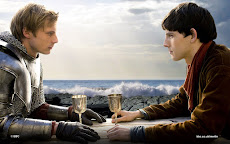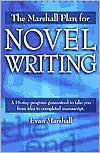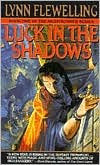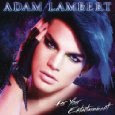Saturday, May 02, 2009
The Marshall Plan 2: Genre and Story
In The Marshall Plan for novel writing, Evan Marshall encourages aspiring writers to choose a genre and stick to it. Face it, when you open a Stephen King novel, you expect a novel by Stephen King, not a novel by Nora Roberts (and vice versa). It would be difficult for Stephen King to come out with romantic fiction -- his readers would keep expecting something terrible, something other-worldly to happen. And if Nora Roberts wrote a horror novel, the horror element would likely turn off a large portion of her readers who are expecting romance, not zombies, aliens or supernatural forces. Writers are packaged and marketed just as their books are. Pick one thing that you love, that you do best, and stick with it. Follow the advice or not, but it's good advice.
Now, to story. If you choose to specialize in one genre, you will want to learn all about that genre. You will learn what is typical of the genre: length of published novels, types of characters, settings, goals and complications. You will know whether the story you envision would seem to fit into that genre, whether it is like other published novels, yet also unique. It's not good to be too unique. Your story should blend in at the same time it stands out.
The first step in developing a new story is to brainstorm. Come up with all the ideas you can. Develop a sense of who the characters are, what their goals are, the difficulties they will encounter, how the characters play off one another, how the villain's success equals the hero's failure, how things go from bad to worse, how twists and turns make the story more exciting. Make sure there is a convincing need for the protagonist to pursue his/her main story goal, a clear sense of why it matters and what the consequences of failure would be. Make sure the protagonist and antagonist are matched evenly for a good fight. If the villain is too powerful, it's not realistic that your weakling hero will win the fight. If your hero is too strong and the villain is too weak, then it's not a big deal when the hero wins. Oh, and make sure the hero wins -- readers want a happy ending. Don't disappoint them. Write notes, make lists, draft summaries, draw pictures. Do whatever you need to that helps you develop your basic story and its major plot lines. Then, use this material to help you plan out your novel in sections.
Next: What are sections?
Adrian
Subscribe to:
Post Comments (Atom)








No comments:
Post a Comment